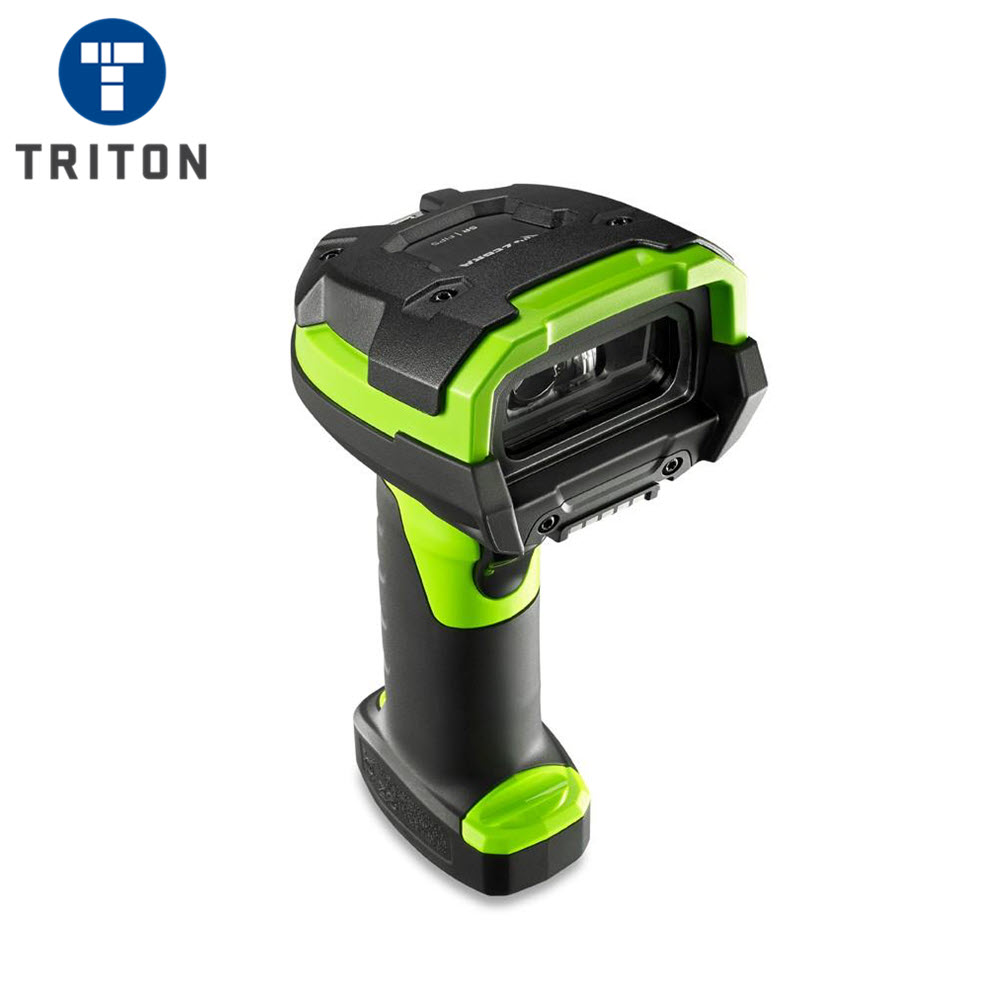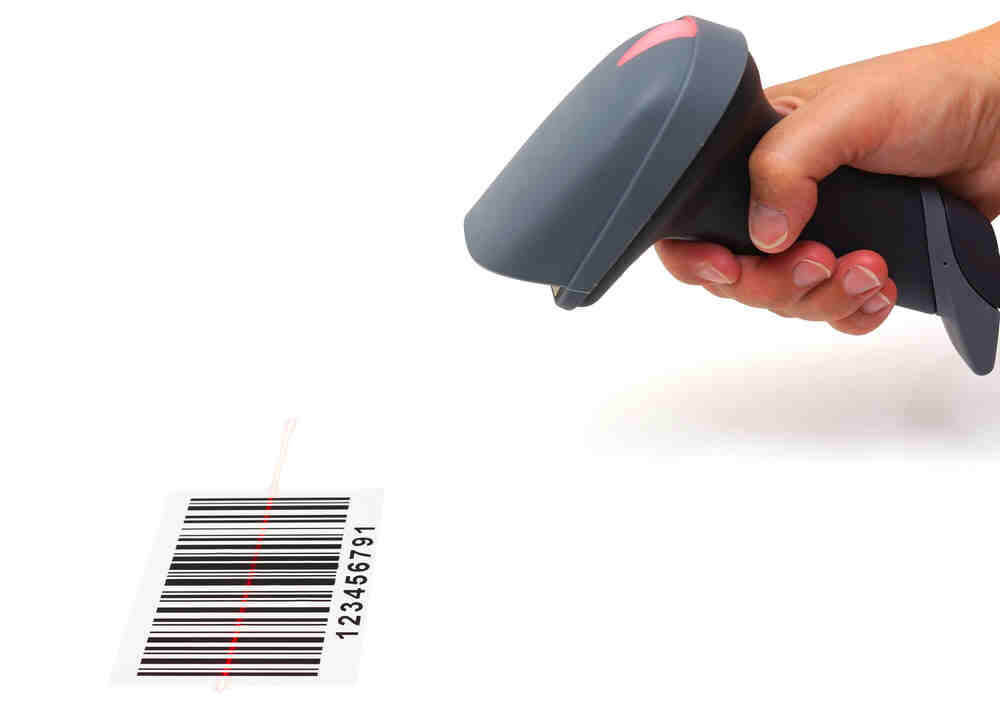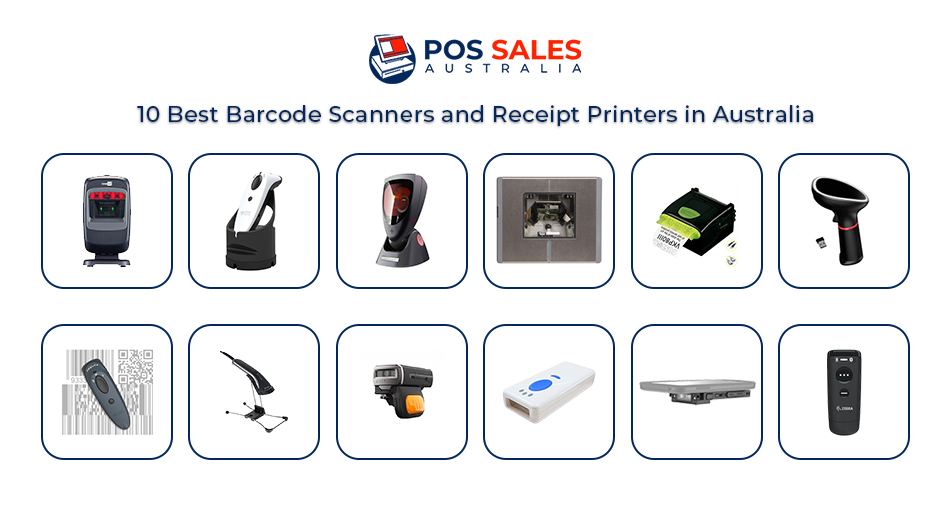Reliable Barcodes Scanners for Improved Business Productivity
Reliable Barcodes Scanners for Improved Business Productivity
Blog Article
Picking the Right Barcode Scanner for Your Organization Requirements
Selecting the suitable barcode scanner for your service calls for a nuanced understanding of your particular functional demands and ecological conditions. Variables such as scanner kind, rate, and compatibility with existing systems play an essential function in identifying the ideal choice.
Recognizing Barcode Scanner Types
When it concerns picking a barcode scanner, recognizing the different types readily available is crucial for conference certain company requirements. Barcode scanners can be classified into numerous types, each developed for various applications and settings.
Portable scanners are the most typical, offering mobility and simplicity of usage, making them ideal for retail and supply monitoring. They normally link through USB or Bluetooth, supplying versatility in operation. Fixed-mount scanners, on the other hand, are designed for high-volume scanning applications, frequently located in setting up lines or check out counters. These scanners are placed in a fixed position, permitting quick scanning of several products one by one.
One more kind is the mobile computer system, which integrates scanning capacities with computing power. These devices are suitable for field procedures or storage facility monitoring, making it possible for data collection and real-time inventory monitoring. Additionally, there are commercial scanners that are built to withstand extreme settings, such as extreme temperature levels or direct exposure to dust and wetness.

Key Functions to Take Into Consideration
What important functions should services focus on when choosing a barcode scanner? Scanning speed is important, as faster scanners enhance functional performance, specifically in high-volume settings. The scanner's capacity to review various barcode formats is additionally vital; guarantee it sustains preferred kinds like QR codes, UPC, and Code 128 to suit diverse supply items.
Toughness is one more vital feature, specifically for services in sturdy setups. Seek versions that are constructed to endure drops, dust, and moisture. In addition, think about the connection alternatives readily available; whether you like USB, Bluetooth, or Wi-Fi, the right connection can boost integration with existing systems.

Analyzing Your Company Setting
To efficiently choose a barcode scanner, businesses must analyze their certain operational setting. This assessment includes evaluating the physical format of the work space, the nature of the items being scanned, and the common problems under which scanning happens. For example, a retail environment might need handheld scanners that can rapidly process transactions at the check out, while a storage facility setup could gain from ruggedized scanners made to sustain harsher problems.
Additionally, take into consideration the quantity of scanning called for. High-throughput environments might demand sophisticated scanning modern technologies, such as fixed-position scanners or smart phones that can operate successfully in hectic circumstances. The integration capacities with existing inventory administration systems likewise play a crucial role; make sure the chosen scanner can seamlessly get in touch with software systems in use.
Furthermore, examine the potential for development and scalability. A scanner that fulfills current needs may not be enough as organization expands. By completely evaluating these elements, businesses can choose a barcode scanner that not just fulfills instant needs but also sustains long-term operational effectiveness and flexibility. This calculated method eventually adds to smoother procedures and boosted efficiency.
Budgeting for Your Scanner
Having examined the operational setting and identified the particular requirements for a barcode scanner, the following step entails mindful budgeting to make certain a smart economic investment. Developing a budget starts with determining the overall prices related to the scanner, consisting of preliminary purchase price, functional expenditures, and potential maintenance fees.
When selecting a barcode scanner, take into consideration the variety of available choices, from handheld gadgets to fixed-position scanners, as rates can vary considerably. It is essential to balance expense with performance; choosing for a more affordable model may result in increased operational inadequacies if it does not fulfill your company demands.
In addition to the equipment, variable in expenses associated with software, training, and potential upgrades. While it could be tempting to reduce in advance expenditure, buying a quality scanner that lines up with your functional needs can yield long-term cost savings via enhanced performance and minimized downtime.
Last but not least, take into consideration the i loved this overall cost of possession, which incorporates the scanner's life-span and potential resale value. By thoroughly preparing your spending plan, you can make sure that your financial investment in a barcode scanner will enhance your operational productivity and economic performance.
Integration With Existing Systems
Incorporating a barcode scanner with your existing systems is crucial for maximizing its effectiveness and making certain seamless procedures. barcodes scanners. A well-integrated scanner improves workflow performance, decreases mistakes, and increases data processing. When selecting a barcode scanner, think about compatibility with your current software program and hardware facilities, including your inventory management systems, point-of-sale (POS) systems, and business source preparation (ERP) solutions
Evaluate whether the scanner makes use of basic methods such as USB, Bluetooth, or Wi-Fi, which can assist in very easy integration. In addition, analyze whether the scanner's software uses APIs or SDKs that enable customization and assimilation with exclusive systems. This is especially important for try this organizations with one-of-a-kind functional needs.
Furthermore, think about the scalability of the scanning service. As your service grows, your systems must be able to fit extra scanners and handle increased data quantities without considerable reconfiguration. Inevitably, purchasing a barcode scanner that flawlessly integrates with your existing systems will certainly produce long-term advantages, enhancing accuracy, efficiency, and total efficiency within your procedures. Make the effort to extensively examine your integration needs prior to buying choice.

Final Thought
To conclude, selecting a proper barcode scanner you could look here demands an extensive examination of various elements, consisting of scanner kinds, crucial features, and the particular organization environment. Appropriate budgeting for both acquisition and functional expenses is imperative, alongside making sure compatibility with existing systems. By thoroughly taking into consideration these aspects, businesses can improve efficiency and efficiency, eventually causing boosted operational results. The appropriate barcode scanner works as an essential tool in simplifying processes and assisting in reliable inventory monitoring.
Report this page